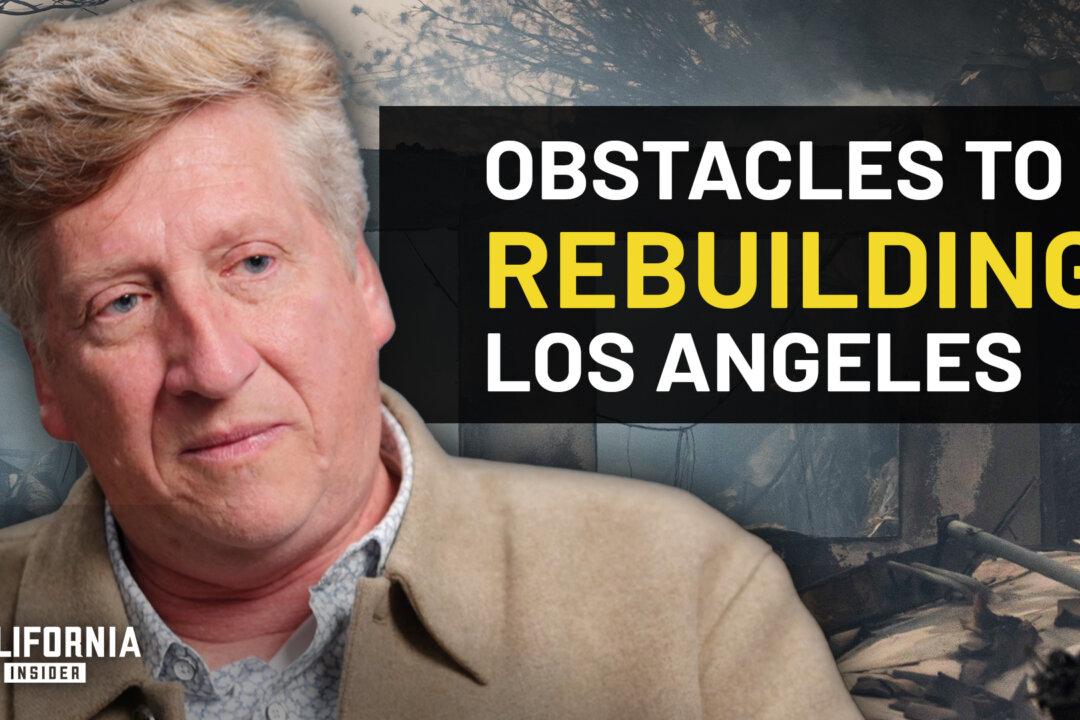California’s Proposition 47, passed in 2014, aimed to reduce prison overcrowding by lowering penalties for certain nonviolent crimes like drug possession and petty theft. However, some argue it has exacerbated the state’s homelessness crisis by removing incentives for drug treatment.
Potential Changes Coming to Prop 47: Felony Threshold Going Back to $450? | Mark Ryavec

|Updated:
Most Californians are unaware of crucial topics and issues that directly impact their lives due to limited news coverage. While they may skim through headlines, they crave in-depth news analysis to uncover the underlying stories.
California Insider Opinion aims to fill this gap by providing viewers with essential information to comprehend the news and delve into the deeper issues behind the headlines.
This show not only covers vital topics and breaking news but also offers insights that are hard to find elsewhere. The innovative short-form video format sets it apart from other media outlets, making it a unique source of information.
California Insider Opinion presents a 10-minute video featuring experts and individuals with strong credentials who offer their opinions and insights, helping viewers grasp the news from a specialized perspective.
Author’s Selected Articles




